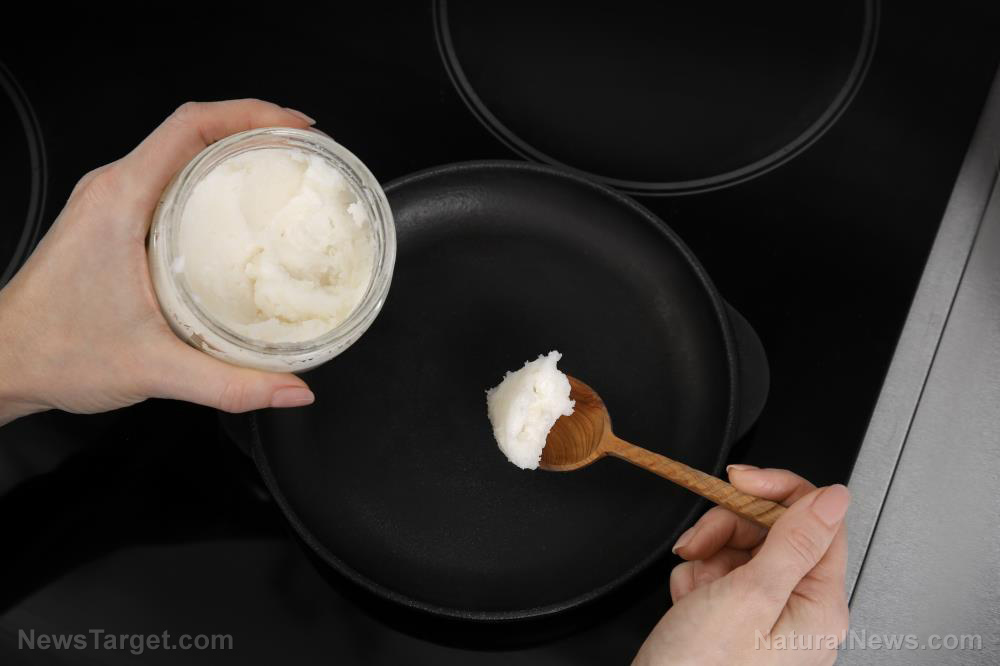
Researchers from the University of Canterbury in New Zealand examined existing studies on the prevention and reversal of Alzheimer's, including in vitro studies and animal or human studies. In their review, which appeared in the journal Nutrition, the researchers expressed concern about pharmaceutical approaches failing to prevent the onset of Alzheimer's disease time and again. This has made them turn their attention to dietary interventions.
Researchers highlight a more basic underlying cause of the onset of Alzheimer's disease
The Canterbury researchers reviewed 33 studies which focused on dietary approaches for Alzheimer's disease (AD). Not all of them involved the keto diet (KD); some were variations of low-carb diets, such as the Atkins diet.
The researchers examined common aspects highlighted in the 33 studies to further understand the mechanics of AD. Instead of the widely accepted causes of the disease, namely, amyloid-beta plaques and neurofibrillary tangles, the researchers identified a more basic underlying cause: low levels of cholesterol in the brain.
Regardless of the established causes, experts now understand AD's features enough to recommend dietary approaches for its prevention and reversal. While these take amyloid-beta plaques into consideration, amyloid plaques have also been seen in the brains of people with normal memory and reasoning abilities, hence it is considered a weak factor in the onset of AD.
The researchers surmised that impaired lipid transport to the brain results in insufficient levels of cholesterol, which could explain AD's progression to its late stages. They also believe that glycation of the apolipoprotein E (ApoE) protein is the main cause of this.
Glycation is the result of the unregulated binding of proteins, amino acids, or fats, to sugar molecules. This leads to the hardening of tissues, such as the arteries. On the other hand, ApoE is a major cholesterol carrier that supports lipid transportation and injury repair in the brain. ApoE polymorphic alleles are the main genetic determinants of AD risk. Glycation of the ApoE protein can impair the transportation of important lipids, including cholesterol, to the brain.
Today, one out of five Americans over the age of 55 is prescribed statin drugs. These medicines are known to reduce cholesterol levels. The researchers believe this contributes to the depletion of cholesterol and the onset of AD.
The one-two punch of keto diet against the onset of Alzheimer's disease
Some of the studies the Canterbury researchers analyzed highlighted the effects of medium chain triglycerides (MCTs), which can be found abundantly in coconut oil. MCTs can provide an energy source called ketone bodies (KB) to a brain with impaired glucose metabolism caused by insulin resistance. Impaired glucose metabolism may be one of the earliest signs of AD. Studies have shown that young adults with metabolic deficits have a high genetic risk for AD. These deficits can be detected decades before the onset of AD.
The researchers said that further evidence points toward neurometabolic issues as a potential underlying cause of both the plaques and tangles and the ultimate progression of AD. These metabolic issues can be addressed by dietary interventions such as KD. The researchers also said that KD can target these metabolic issues while also protecting against the amyloid-beta plaques associated with AD.
KBs, which are produced by people on KD, can provide a supplementary energy supply for the brain and increase mitochondrial efficiency and cognitive function. Brain ketone uptake is not impaired in AD, unlike glucose uptake, making it a viable alternative energy precursor.
This supplementary brain metabolism is the first mechanism by which KD is assumed to treat and prevent AD. The researchers said that producing ketones from MCTs, such as those found in coconut oil, creates an all-around energy source that supports brain health.
While further nutritional activity is needed to restore brain health completely, the researchers said that the main dietary approach should be reducing or restricting carbohydrates while increasing fat consumption. This means avoiding highly processed grains, added sugars, and high fructose corn syrup (HFCS), and reducing carbohydrate intake.
High-carb diets have been found to inhibit the liver's production of lipoproteins, which then starve neurons of these essential biochemicals. Lipoproteins also transport cholesterol to the areas of the body that need it, including the brain.
Because most chronic diseases stem from excess intake of refined carbohydrates -- a lot of which can be found in the standard American diet -- the researchers believe that KD can be a safe dietary solution for treating and preventing AD. Incorporating coconut oil into a high-fat, low-carb ketogenic diet may benefit the brain in the long run.
Sources include:
Please contact us for more information.























